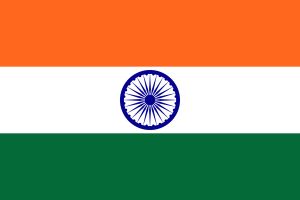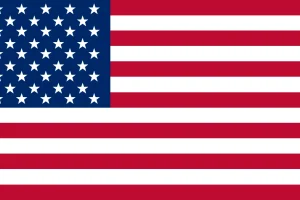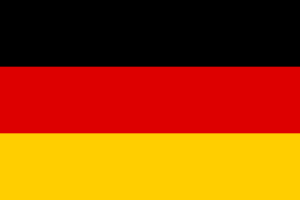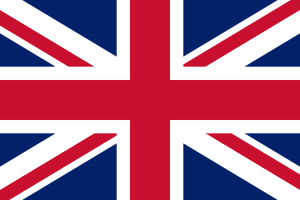The medical industry is in a state of perpetual growth, with new medications and equipment released daily. Effective communication is the cornerstone of quality patient care, yet in a world with diverse languages and cultures, achieving it can be challenging. This is where medical translators and certified medical interpreters play a crucial role. They bridge linguistic gaps between healthcare providers and patients, ensuring equitable access to care.
Understanding Medical Translation Services
When working with patients from diverse linguistic backgrounds, effective communication becomes vital in healthcare. Medical translation services specialize in translating medical documents and information accurately. These services require medical translators with deep knowledge of medical terminology, linguistic nuances, and cultural sensitivities.
Medical translators don’t just translate words—they act as facilitators, ensuring clear communication during consultations, translating medical records, consent forms, and prescriptions, and helping improve patient outcomes.
The Role of Medical Translators in Healthcare
Medical translators ensure patients and providers communicate effectively despite language barriers. Their role involves much more than language translation—they foster understanding, improve patient outcomes, and ensure healthcare accessibility for all.
Why Are Medical Translation Services Essential?
Medical translation services are indispensable in modern healthcare, particularly for serving multilingual populations. Below are the reasons why these services are essential:
Ensuring Accuracy and Precision
In healthcare, accuracy is paramount. A single mistranslation can lead to medical complications. Medical translators ensure precise communication of complex medical terms, guaranteeing patients fully understand their diagnosis and treatment.
Safety of Patients and Reduction of Risk
Miscommunication can lead to dire consequences, such as incorrect treatment plans or medication errors. Medical translators reduce these risks by ensuring that patients and providers share an accurate understanding of care plans, discharge summaries, and prescriptions.
Cultural Sensitivity and Understanding
Cultural nuances often influence how patients perceive medical information. Medical translators ensure these nuances are respected, helping healthcare providers deliver culturally competent care that aligns with patient beliefs and preferences.
Adherence to Regulations
Healthcare organizations must adhere to strict regulations. Medical translators ensure legal documents, consent forms, and privacy policies are accurately translated to comply with local and international guidelines.
Improving Interprofessional Cooperation
In today’s global healthcare environment, collaboration often spans countries. Medical translators facilitate seamless communication among researchers, practitioners, and institutions, enhancing interprofessional cooperation and fostering advancements in medical research.
Types of Medical Translations
Medical Records Translation
Medical records, including patient histories, diagnostic reports, and treatment plans, are translated to ensure continuity of care for patients across linguistic barriers.
Clinical Trial Documentation
Clinical trials demand precise translation of protocols, consent forms, and research documents to comply with international standards and facilitate global collaboration.
Health Insurance Documents
Translating insurance documents ensures policyholders understand their coverage, terms, and claims processes, empowering them to make informed decisions.
Medical Device Translation
Accurate translation of user manuals, instructions, and technical specifications for medical devices ensures their safe use by providers and patients worldwide.
Consultation Reports
Consultation reports, including medical history and treatment recommendations, are translated to support cross-border care and collaboration among healthcare professionals.
Pharmaceutical Translation
Pharmaceutical translation involves translating multilingual product documentation, research papers, and clinical trial data to ensure safe and effective drug distribution globally.
Best Attributes of a Medical Translator
Mastery of Medical Terminology
A qualified medical translator understands complex medical terms in both the source and target languages, ensuring accurate translations.
Cultural Competence
Cultural sensitivity helps translators navigate nuanced conversations and respect diverse healthcare customs.
Outstanding Writing and Language Abilities
A skilled translator is a native speaker of the target language and possesses exceptional language and writing proficiency.
Strong Attention to Detail
Meticulous attention ensures translations are error-free and convey critical medical information accurately.
Confidentiality and Ethics
Medical translators must adhere to strict confidentiality standards and ethical practices when handling sensitive documents.
Resourcefulness
Experienced translators use specialized tools, templates, and industry standards to maintain consistency and accuracy in translations.
Value-Based Pricing
Hiring skilled translators may seem costly, but their accuracy and expertise eliminate the need for costly revisions and corrections.
Lingual Consultancy: Bridging Linguistic Gaps for Optimal Patient Care
Lingual Consultancy is a leader in providing medical translation services. Our certified medical interpreters ensure accurate, culturally sensitive translations while maintaining strict confidentiality. We bridge linguistic gaps to enhance patient care and ensure equitable healthcare access.










